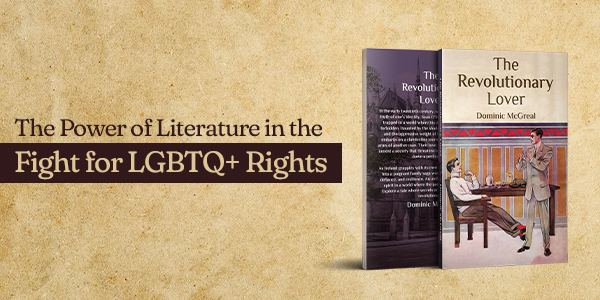
Ireland has come a long way in terms of LGBT+ rights over the last few decades. However, it wasn’t an easy journey and was marked with challenges, obstacles, and repression.
Homosexuality was illegal in Ireland until 1993, with gay men being specifically targeted and arrested for “sodomy” or “homosexual acts.” This ability to arrest and prosecute members of the queer community led to a lot of anxiety, fear, and also violence. It was only in 2015 that Ireland legalized same-sex marriage through a national referendum. Such progress can be attributed to the efforts of various activists and organizations who worked tirelessly for years to change the laws and societal attitudes towards the LGBTQ+ community.
One way in which literature helped bring change was through representation. The lack of representation of LGBT+ individuals in literature led to a lot of misconceptions and a lack of understanding of the community. The representation of queer characters in literature helped to challenge stereotypes and educate society on different sexual orientations, gender identities, and gender expressions. Writers, poets, and artists have done a great job of portraying sexuality and gender identity through their works, facing opposition and censorship in the process.
The Revolutionary Lover by Dominic McGreal continues this legacy of representation, providing readers with powerful insights into the struggles of queer individuals in early 20th-century Ireland. It highlights how same-sex love was seen as a taboo in society, and these fears of societal persecution led queer people to suppress their desires. It shows how much progress has been made in Ireland in terms of LGBTQ+ rights and representation over the years.
The novel also portrays the role of literature in educating society on queer issues, challenging stereotypes, and promoting acceptance and compassion. Through the protagonist Sean O’Shaughnessy’s story, the novel shows how harmful societal attitudes towards lesbians, gays, bisexuals, transgender, queer, etc. people can be and the emotional and psychological effects these attitudes can have on the individuals themselves.
Overall, the history of LGBT+ rights in Ireland shows how far we’ve come and how much work still needs to be done. Representation was, and continues to be, an important tool in promoting the rights and visibility of the LGBTQ+ community. Works like The Revolutionary Lover by Dominic McGreal play a part in the ongoing fight against discrimination and offer a glimpse of hope for the future, where individuals can love and be loved regardless of their sexual orientation, gender identity, or gender expression.
